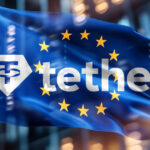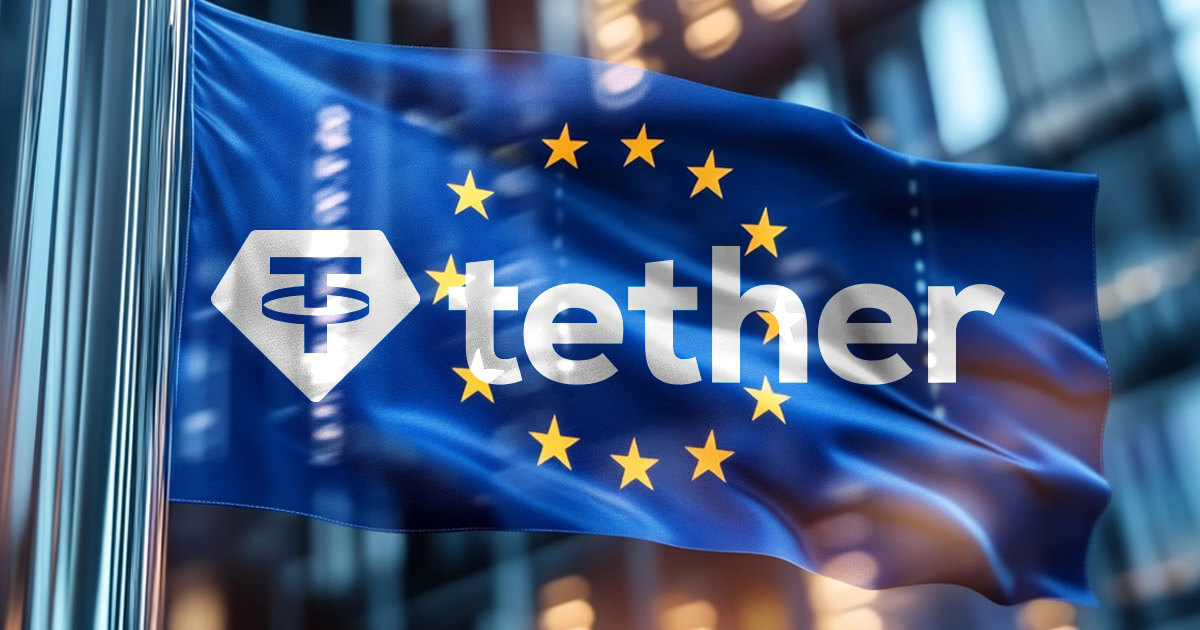Binance, one of the world’s leading crypto exchanges, announced that its subsidiary, Tokocrypto, secured a Physical Crypto Asset Trader (PFAK) license in Indonesia.
As a result, Tokocrypto is now the third exchange in the country to hold a PFAK license issued by Indonesia’s Commodity Futures Trading Regulatory Agency (Bappebti).
Tokocrypto’s License Details and Market Implication
According to the announcement, Tokocrypto obtained the license after a rigorous licensing process. The exchange registered as a Prospective PFAK in 2019 to meet all requirements for a fully licensed entity set by Bappebti. Now that it has the PFAK license, Tokocrypto can operate as a physical crypto asset trader in Indonesia.
The license ensures that crypto trading on Tokocrypto adheres to Bappebti’s strict licensing requirements, safeguarding investor interests. This is expected to help strengthen investor trust and confidence in the exchange.
Additionally, the license showcases Tokocrypto’s commitment to providing secure, reliable, and transparent crypto trading services.
Tokocrypto’s growing user base is also a testament to the platform’s popularity and trust among investors. This year, its user base has exceeded 4.5 million, while monthly average trade volume has grown by 138%. This is a huge boost to Binance’s market share and a positive step forward for the Indonesian crypto sector.
Commenting on the update, Binance’s CEO, Richard Teng, stated,
“Binance is committed to fully supporting Tokocrypto in its mission to drive the growth of the Web3 ecosystem in the region.”
He added that the license is a testament to the exchange’s vision of building a robust and transparent crypto ecosystem in Indonesia.
Binance and Global Challenges Over The Past Year
The license comes at the right time for the exchange, considering its challenges with global regulators over the past year.
In July, the Federal Inland Revenue Service (FIRS) initiated criminal proceedings against Binance in Nigeria. Binance was charged with tax evasion and non-declaration with the FIRS as mandated by Nigerian laws. The case is scheduled for hearing on October 11 in a Nigerian court.
Furthermore, Binance encountered challenges with the Philippines Securities and Exchange Commission (SEC). In April, the regulator ordered the removal of the Binance app from Google and Apple stores in the Philippines. The regulator cited security threats to investors and the local economy.
In the US, Binance’s former CEO Changpeng Zhao was sentenced to four months in prison. Zhao pleaded guilty to money laundering charges and regulatory violations. Although he is still Binance’s biggest shareholder, he is now banned from holding a management position.
Is Exchange Regulation Improving?
Amid these legal challenges, Binance is managing to hold the exchange with ongoing developments. For instance, the exchange recently received consent to operate in Kazakhstan.
Binance Kazakhstan is on track to become the region’s first fully registered crypto exchange. The exchange has undergone external financial audits and ISO certifications for its IT infrastructure.
Besides this, Binance is also stepping up to meet regulatory requirements in South Africa and Bahrain. Specifically, Binance Bahrain now requires South African clients to sign up under the new regulations and create new accounts. This move requires users to agree to the revised Terms of Service and approve the Know Your Customer (KYC) procedure anew.
Such measures highlight Binance’s commitment to meeting global crypto regulations and standards.











